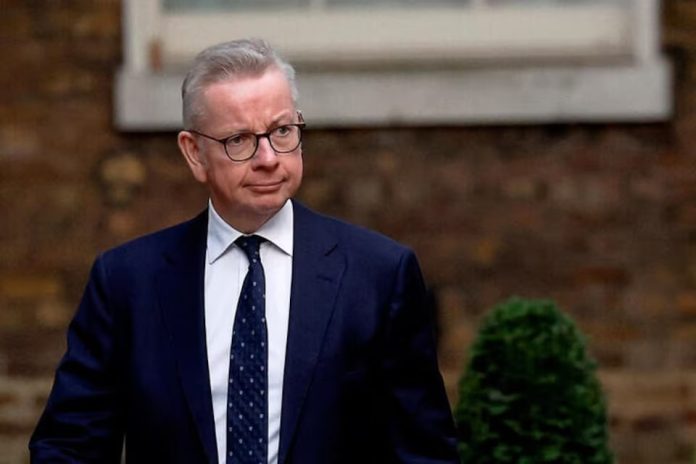Britain introduced a new definition of extremism on 14 March in response to a surge in hate crimes against Jews and Muslims triggered by the 7 October Hamas attack on Israel.
Critics argued that the change could lead to an infringement of free speech amid Prime Minister Rishi Sunak’s claim that Britain’s democracy was being deliberately undermined by Islamists and extremists.
The number of anti-Semitic incidents rose by 147% in 2023 to a record high, according to Community Security Trust, a Jewish security watchdog organisation. The group Tell Mama, which tracks anti-Muslim incidents, claimed last month that hate crimes against Muslims had also risen by 335% since the 7 October attacks. Michael Gove, the communities minister who heads the department that produced the new extremism definition, stated:
“Today’s measures will ensure that government does not inadvertently provide a platform to those setting out to subvert democracy and deny other people’s fundamental rights. This is the first in a series of measures to tackle extremism and protect our democracy.”
The new definition states that extremism “is the promotion or advancement of an ideology based on violence, hatred or intolerance,” which aims to destroy fundamental rights and freedoms. Such activity can also be aimed at undermining or replacing the UK’s liberal parliamentary democracy or deliberately enabling others to achieve these outcomes, according to the new definition.
The UK already bans groups allegedly involved in terrorism. Supporting or being a member of these organisations is a criminal offence. The militant Palestinian group Hamas is among 80 banned international organisations.
Groups that are identified as extremist after a “robust” assessment over the next few weeks will not face any criminal prosecution and will still be allowed to demonstrate. However, the Government will not provide them with any funding or any other form of participation.
At present, no group is officially defined as extremist, using the previous definition in force since 2011. Archbishop of Canterbury Justin Welby, the spiritual head of the Anglican Communion, claimed:
The problem with a top-down definition of extremism is that it catches people who (we) don’t want to catch. It may accidentally inhibit what we have very preciously in this country, an extraordinarily robust freedom of speech and ability to disagree strongly.
Over 50 survivors or relatives of victims of Islamist attacks in the UK have also signed a letter accusing some politicians of playing into the hands of militants by “equating being Muslim with being an extremist.”
